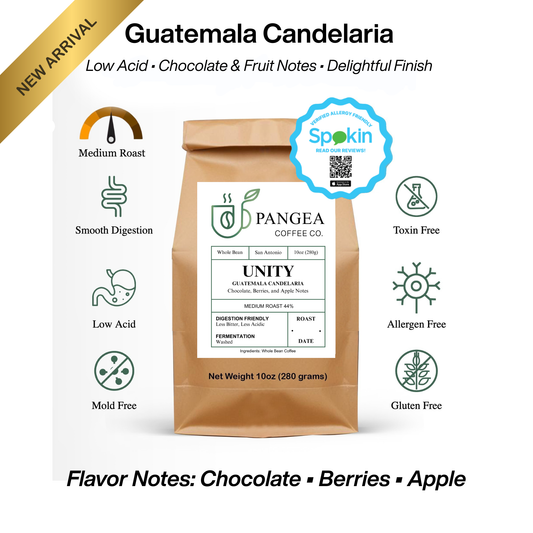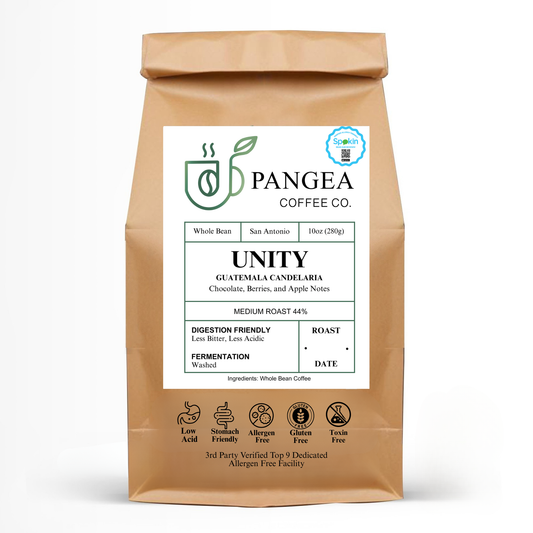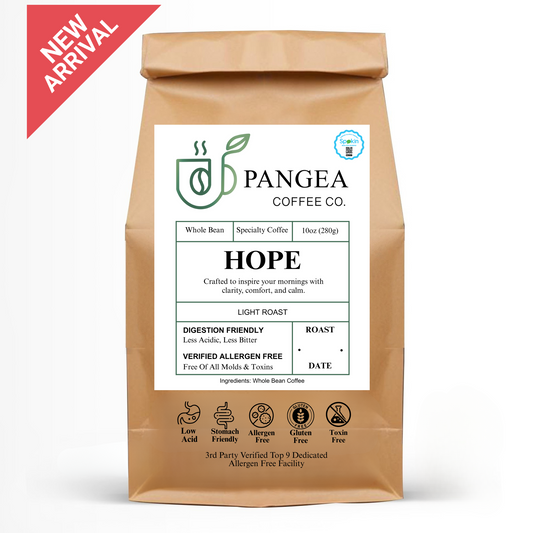Coffee Rituals Around the World: How Culture Brews Connection
Ethiopian Coffee Ceremony: A Heritage Ritual
The Ethiopian coffee ceremony is a deeply rooted tradition that highlights the importance of hospitality, respect, and togetherness in Ethiopian culture. This elaborate ritual is more than just a way to prepare and enjoy coffee; it is a social occasion that strengthens bonds among family members, friends, and even strangers.
The process begins with the host washing green coffee beans and roasting them over an open flame. As the beans are roasted, their rich aroma fills the room, inviting participants to connect and engage in conversation. The host then grinds the beans by hand using a mortar and pestle before brewing the coffee in a special pot called a jebena. This careful preparation reflects the value placed on patience and care in nurturing relationships.
Once the coffee is ready, it is served in small cups, often without handles, known as sini. Traditionally, the coffee ceremony consists of three rounds, referred to as abol, tona, and bereka, each representing a deepening of social connection. Guests often sit in a circle, and the act of serving coffee is seen as a gesture of respect and inclusion. Alongside the coffee, snacks such as popcorn or roasted barley may be shared, further enhancing the sense of community.
This ceremony plays a crucial role in fostering open dialogue and mutual understanding. Whether marking a special occasion, resolving conflicts, or simply bringing people together, the Ethiopian coffee ceremony embodies a shared appreciation for human connection. It mirrors the values upheld by Pangea Coffee, which seeks to cultivate unity and respect through each cup it shares. By prioritizing ethically sourced, low-acid specialty coffee, Pangea Coffee reflects the same patience, care, and dedication to meaningful relationships that define this time-honored ritual.
The Ritual of Turkish Coffee Preparation
The Turkish coffee ritual is a cherished tradition that has been an integral part of social life for centuries. Deeply tied to Ottoman culture, this practice embodies hospitality, spirituality, and meaningful human connection. Turkish coffee is not merely a beverage but an experience that brings people together, offering a moment to pause, share stories, and strengthen relationships.
The preparation of Turkish coffee is a delicate process that requires both skill and care. Finely ground coffee is combined with water and often sugar in a small pot called a cezve. It is then slowly heated over low heat, creating a thick, aromatic brew with a layer of foam on top. This foam is considered a sign of a well-made cup, and special attention is paid to ensure it remains intact when poured into small, handleless cups.
Once served, the ritual extends beyond the act of drinking. After the coffee is consumed, an age-old tradition of fortune reading, known as fal, often follows. The cup is turned upside down onto its saucer, allowing the coffee grounds to settle and form patterns. These patterns are then interpreted by a host or guest, who offers insights or predictions about the drinker’s future. This lighthearted practice adds an element of fun and curiosity to the gathering, sparking conversation and laughter.
Turkish coffee is closely linked to the values of respect and generosity that were central to Ottoman hospitality. Offering a guest coffee was, and still is, a gesture of warmth and welcome, symbolizing the host’s care and thoughtfulness. Similarly, Pangea Coffee embraces this philosophy of generosity and connection, providing customers with high-quality, ethically sourced coffee that fosters moments of shared experience. By emphasizing craftsmanship and sustainability, Pangea Coffee encourages people to slow down, connect, and appreciate the relationships that make life meaningful.
The Art of Espresso: Italy’s Morning Custom
Italy's espresso culture is deeply ingrained in the daily lives of its people, serving as both a quick pick-me-up and a cherished social ritual. At the heart of this tradition are espresso bars, lively spaces that act as essential gathering spots for locals. Unlike coffee-drinking customs in other parts of the world, Italian espresso culture places a strong emphasis on brevity and connection.
For many Italians, stopping by an espresso bar is a daily routine. Mornings often begin with a shot of espresso, sometimes paired with a pastry like a cornetto. The experience is usually quick—espresso is typically consumed while standing at the counter, creating an atmosphere of constant movement and interaction. Despite the fast pace, this moment offers an opportunity to exchange pleasantries with the barista or chat briefly with neighbors or colleagues. These small interactions contribute to a sense of community and familiarity.
Espresso bars are not just about the coffee; they are about fostering human connection. In Italy, there’s an unspoken understanding of the social nature of this ritual. Whether it’s a mid-morning break or a brief afternoon escape, the act of sharing espresso creates a rhythm in the day that revolves around brief, meaningful exchanges. This culture reflects Pangea Coffee’s mission of unity—where each sip serves as an opportunity to bring people together, fostering conversations and reinforcing relationships through something as simple as a great cup of coffee.
Sweden’s Fika: Coffee, Relaxation, and Relationships
Sweden’s fika tradition is a cherished cultural practice that revolves around slowing down, enjoying a coffee break, and connecting with others. More than just a pause for a drink, fika is an intentional moment of relaxation and togetherness, often shared with friends, family, or colleagues. It is a vital part of daily life in Sweden, emphasizing balance and social connection in an otherwise busy world.
A typical fika involves coffee paired with something sweet, such as cinnamon buns, cookies, or cakes. It is common to gather in cozy settings, whether at a café, in a workplace, or at home, creating a warm and inviting atmosphere. The focus is not just on the coffee itself but on the experience of sharing it with others, allowing for meaningful conversations and a chance to recharge.
The tradition also reflects Sweden’s values of mindfulness and quality time. Unlike rushed coffee breaks in other parts of the world, fika encourages participants to slow down and fully engage with the moment. This philosophy aligns closely with Pangea Coffee’s commitment to creating mindful, enjoyable coffee experiences. By offering coffee that is both flavorful and gentle on the stomach, Pangea Coffee helps people embrace the ritual of fika as a way to reconnect, whether with themselves or with those they cherish.
The Universal Role of Coffee in Connection
Coffee rituals across the world demonstrate the profound role this simple beverage plays in uniting people and shaping cultural identity. From the mindful preparation and sharing of coffee in Ethiopia to the quick yet meaningful exchanges in Italian espresso bars, these traditions reflect the universal human desire for connection. Coffee transcends its role as just a drink, becoming a bridge between individuals, generations, and communities.
Pangea Coffee embodies these values of hope, unity, and respect by creating a brand that fosters meaningful connections. Every bag of Pangea Coffee represents more than just ethically sourced, low-acid coffee—it represents an invitation to slow down, gather, and appreciate the relationships that enrich our lives. Whether enjoyed in the solitude of a quiet morning or shared in a lively café, coffee has the power to bring people together, strengthening the bonds that make us human.

















